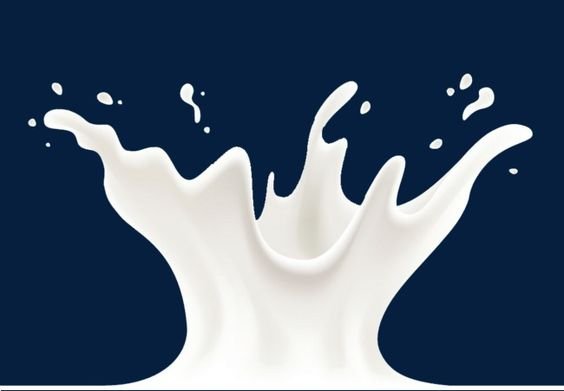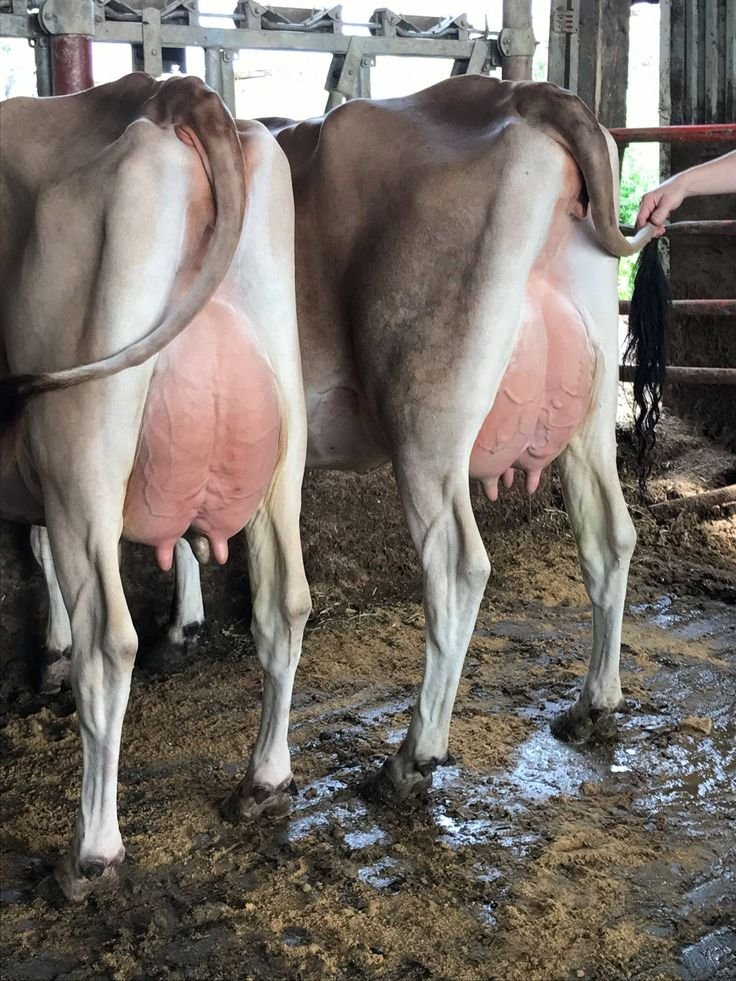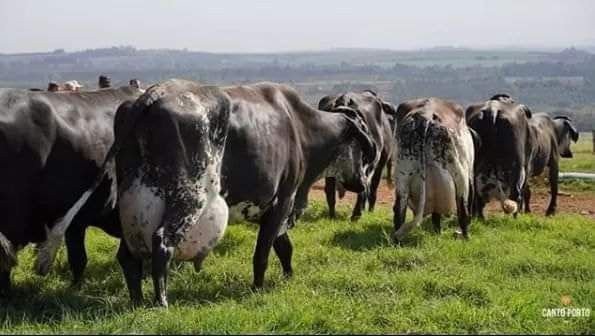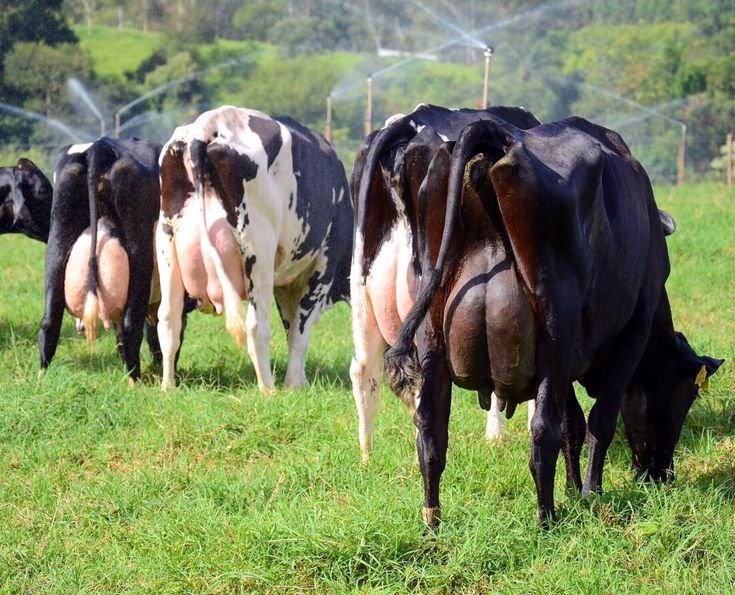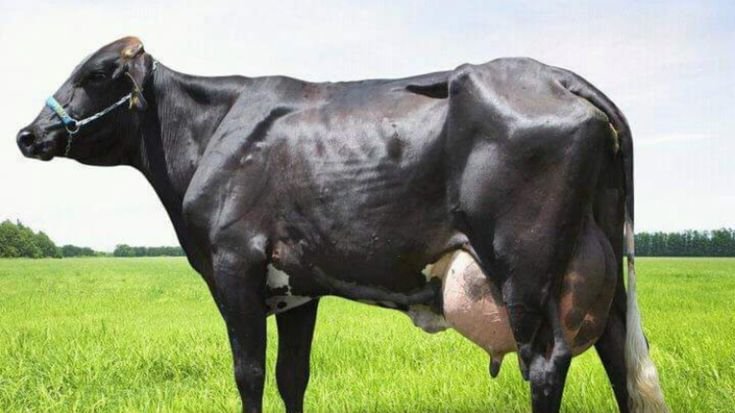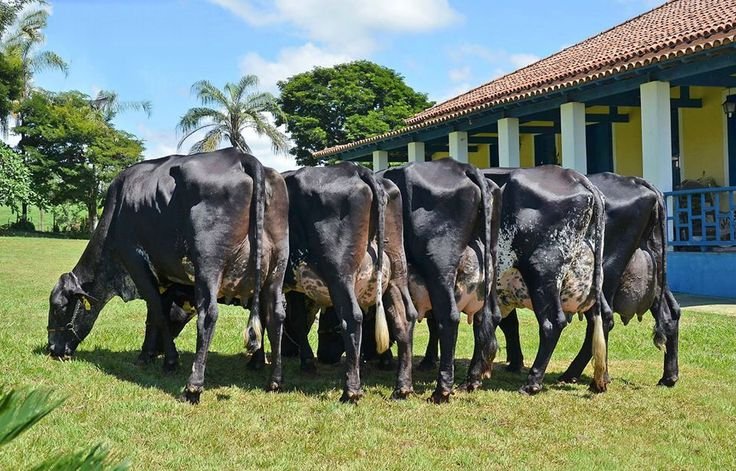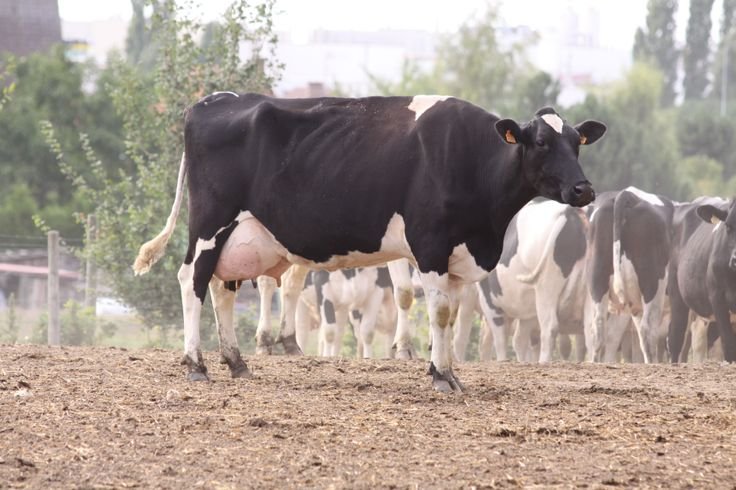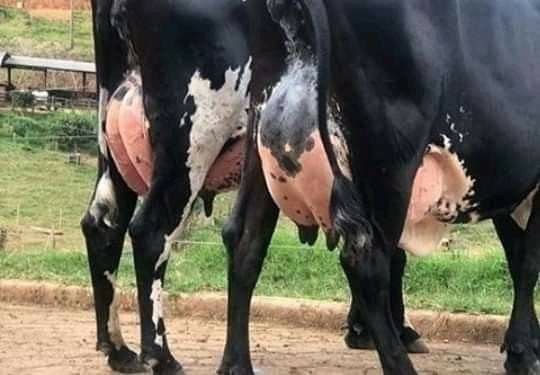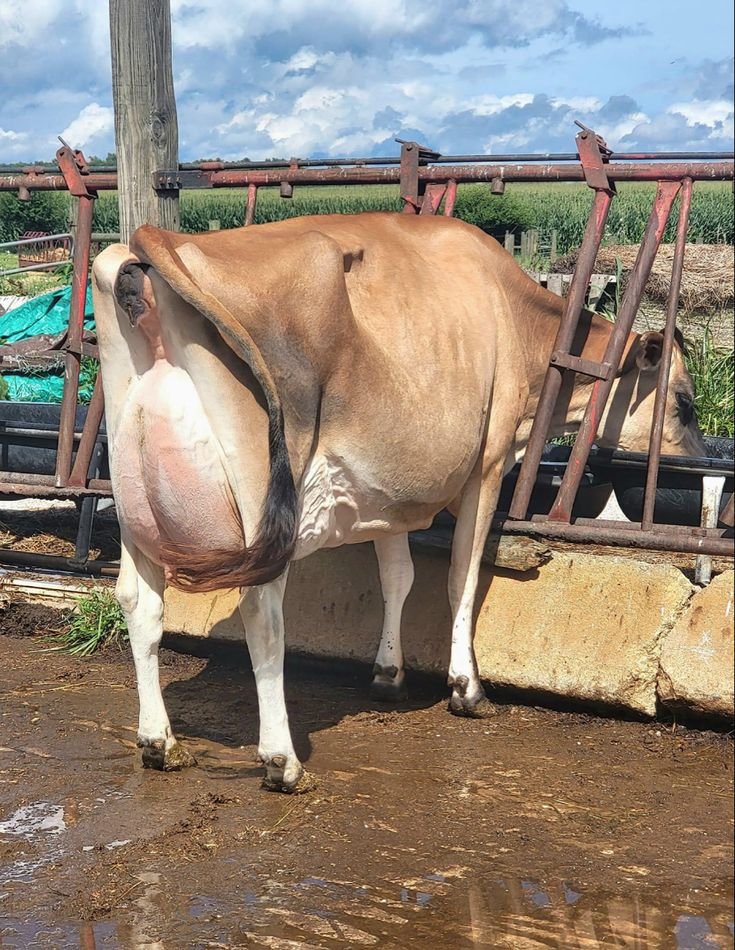Calcium is vital for milk production and overall health in dairy animals. Cows and buffaloes, especially during lactation, require high calcium levels to meet the demands of milk production and maintain strong bones, muscle function, and immunity. However, calcium deficiency is a widespread issue, causing decreased milk yield and compromising animal health. This article explores the causes, symptoms, and effects of calcium deficiency in dairy animals, along with effective solutions for managing and preventing this deficiency to improve milk production.
The Role of Calcium in Milk Production
Calcium serves multiple critical functions in dairy cows and buffaloes, particularly:
- Milk Secretion: Essential for milk synthesis, calcium deficiency can directly reduce the amount and quality of milk.
- Bone Health and Mobility: Adequate calcium supports strong bones, preventing issues like fractures and ensuring stable mobility.
- Muscle and Nerve Function: Calcium plays a key role in muscle contractions and nerve transmission, both of which are essential for healthy lactating animals.
Common Causes of Calcium Deficiency
- High Calcium Demand During Lactation
Lactation requires substantial calcium reserves. Without adequate calcium intake, cows and buffaloes can quickly deplete their stores, particularly in the early lactation period. - Poor Diet Composition
A diet lacking in minerals like calcium and phosphorus can lead to deficiency. For dairy animals, a balanced diet with adequate calcium is fundamental to health and productivity. - Insufficient Vitamin D Levels
Vitamin D helps with calcium absorption in the body. Limited sunlight exposure or low Vitamin D in feed can hinder this process, leading to a deficiency. - Digestive or Metabolic Conditions
Certain metabolic or digestive conditions in animals impair calcium absorption, making it difficult to maintain adequate calcium levels.
Signs of Calcium Deficiency in Dairy Cows and Buffaloes
Recognizing calcium deficiency early is crucial to prevent serious health issues. Common signs include:
- Decreased Milk Yield: Calcium deficiency is a frequent cause of reduced milk production.
- Milk Fever (Hypocalcemia): Often occurring shortly after calving, milk fever manifests as weakness, muscle tremors, and in severe cases, paralysis.
- Weak Bones and Joint Pain: Calcium deficiency weakens bones, leading to fractures and difficulty in movement.
- Lowered Immunity: Deficient calcium weakens immune response, making animals more susceptible to infections.
Effective Solutions for Calcium Deficiency
- Calcium-Rich Supplementation
High-quality calcium supplements help dairy cows and buffaloes meet their increased needs, particularly during lactation. Sumaani Pharma offers calcium supplements specifically formulated to support milk production, enhancing both yield and health. - Incorporate Vitamin D and Phosphorus in Feed
Balanced mineral intake, including Vitamin D and phosphorus, promotes better calcium absorption. Sumaani Pharma’s mineral blends ensure that dairy animals get a complete set of nutrients for optimal health. - Use of Calcium During Critical Periods
Administering calcium supplements or injections just before or after calving can help prevent milk fever and maintain healthy calcium levels. - Chelated Calcium Supplements
Chelated calcium is more easily absorbed, maximizing the effectiveness of supplementation. Sumaani Pharma’s chelated calcium options provide high bioavailability, ensuring that dairy cows and buffaloes get the most benefit from each dose. - Regular Health Checks and Monitoring
Regularly monitoring calcium levels through blood tests, especially in high-risk animals, helps in early detection and proactive management of deficiency.
Conclusion
Calcium deficiency in dairy cows and buffaloes is a prevalent issue that can negatively impact milk production and animal health. Addressing this deficiency through balanced nutrition, calcium supplements, and regular health checks is key to improving milk yield and animal well-being. Sumaani Pharma provides tailored calcium supplements and mineral blends, supporting healthier, more productive dairy animals and ultimately helping farmers achieve higher yields and profitability.

